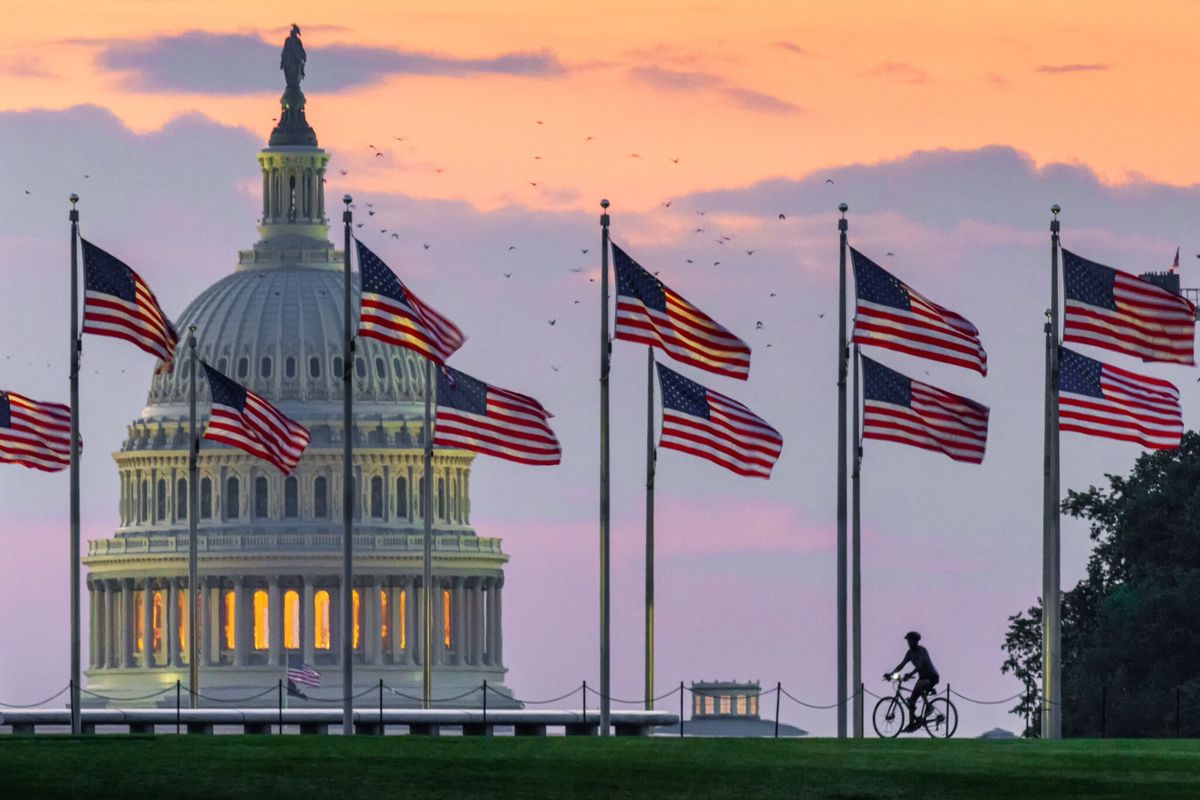Intelligence failure: those are two words we often hear following a devastating terrorist attack such as what we saw this weekend in Paris. Almost by definition, if the intelligence community didn’t know about it, then it failed in its core mission: keeping citizens safe.
But when a small group of people, armed with rather easily obtained weapons and willing to die for their cause, launch an attack—as is the case with the eight terrorists in Paris who were armed with Kalashnikov rifles and suicide vests—it’s very difficult for even the best intelligence service to stop such a plot in its tracks.
CIA Director John Brennan says it isn’t a surprise that ISIS has been plotting attacks against the West, particularly in Europe, and he anticipates another operation is in the pipeline. “I certainly would not consider it a one-off event,” Brennan told a security conference sponsored by the Center for Strategic and International Studies. “It is clear to me that ISIS has an external agenda, that they are determined to carry out these types of attacks.”
But even with that general knowledge, President Barack Obama said there was no specific intelligence to warn of the Paris plot. At a news conference in Turkey, where the President is attending the G20 economic summit, Obama said, “I am not aware of anything that was specific in the sense that it would have given a premonition about a particular action in Paris that would allow for law enforcement or military actions to disrupt.”
Western intelligence agencies have been grappling with the consequences of the unauthorized disclosures of former National Security Agency contractor Edward Snowden who revealed the existence of an extensive government surveillance program authorized by the Bush Administration following the 9/11 terrorist attacks.
The privacy concerns generated by the Snowden disclosures led to the enactment of new laws, which place more stringent conditions on intelligence collection. Former NSA Director and Cipher Brief contributor Mike Hayden says the restrictions have had a detrimental impact. “We have voluntarily scaled back collection overseas, and in the USA Freedom Act, Congress has made it more difficult to find people in the U.S. comparable to those in France who conducted Friday's attacks.”
Brennan agrees that it is “much more challenging” to find terrorists, because the militants have learned about encryption and other technologies. “They have gone to school on what it is that they need to do in order to keep their activities concealed from the authorities,” Brennan said. The CIA Director hopes the attacks will be a “wake-up call,” particularly for some European nations that have misrepresented what intelligence services are doing. And he believes it is time to see if there are any “inadvertent or intentional gaps that have created in the ability of intelligence and security services to protect the people that they are asked to serve.”
Intelligence services are working “feverishly” to uncover the next attack, Brennan said, because it is “inevitable” that there will be another attempt, but it is “not inevitable” that the terrorists will succeed. However, Brennan said to stop the terrorists, the international community must “urgently commit to achieve even greater and unprecedented level of cooperation, collaboration, information sharing, and join action in intelligence, in law enforcement, in military operations, and in diplomatic channels.”
Pam Benson is the Managing Editor for News at The Cipher Brief.













